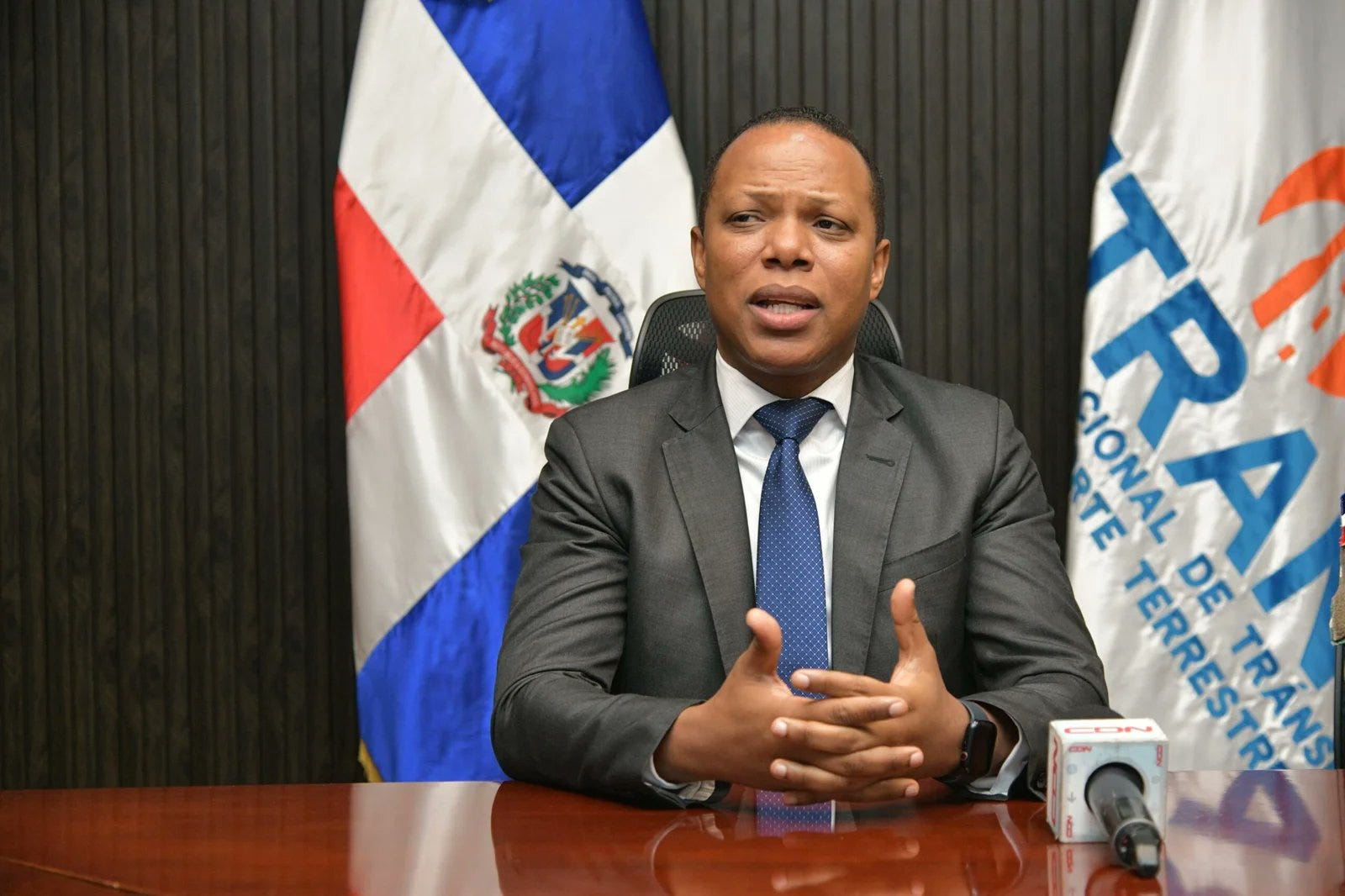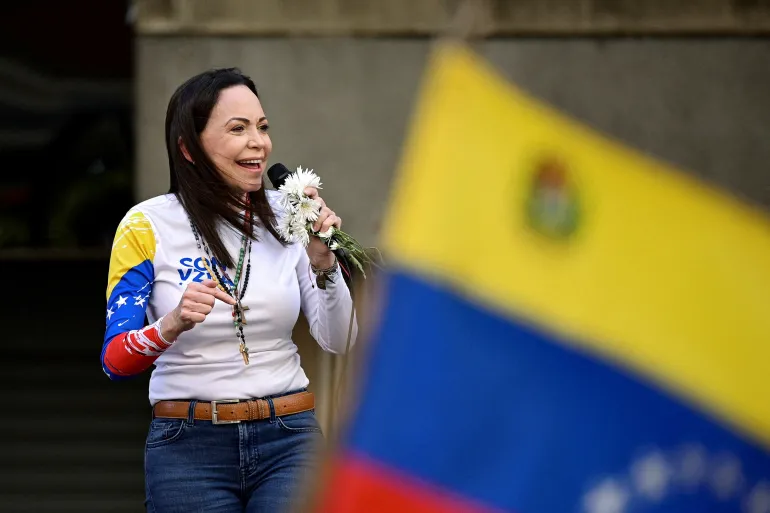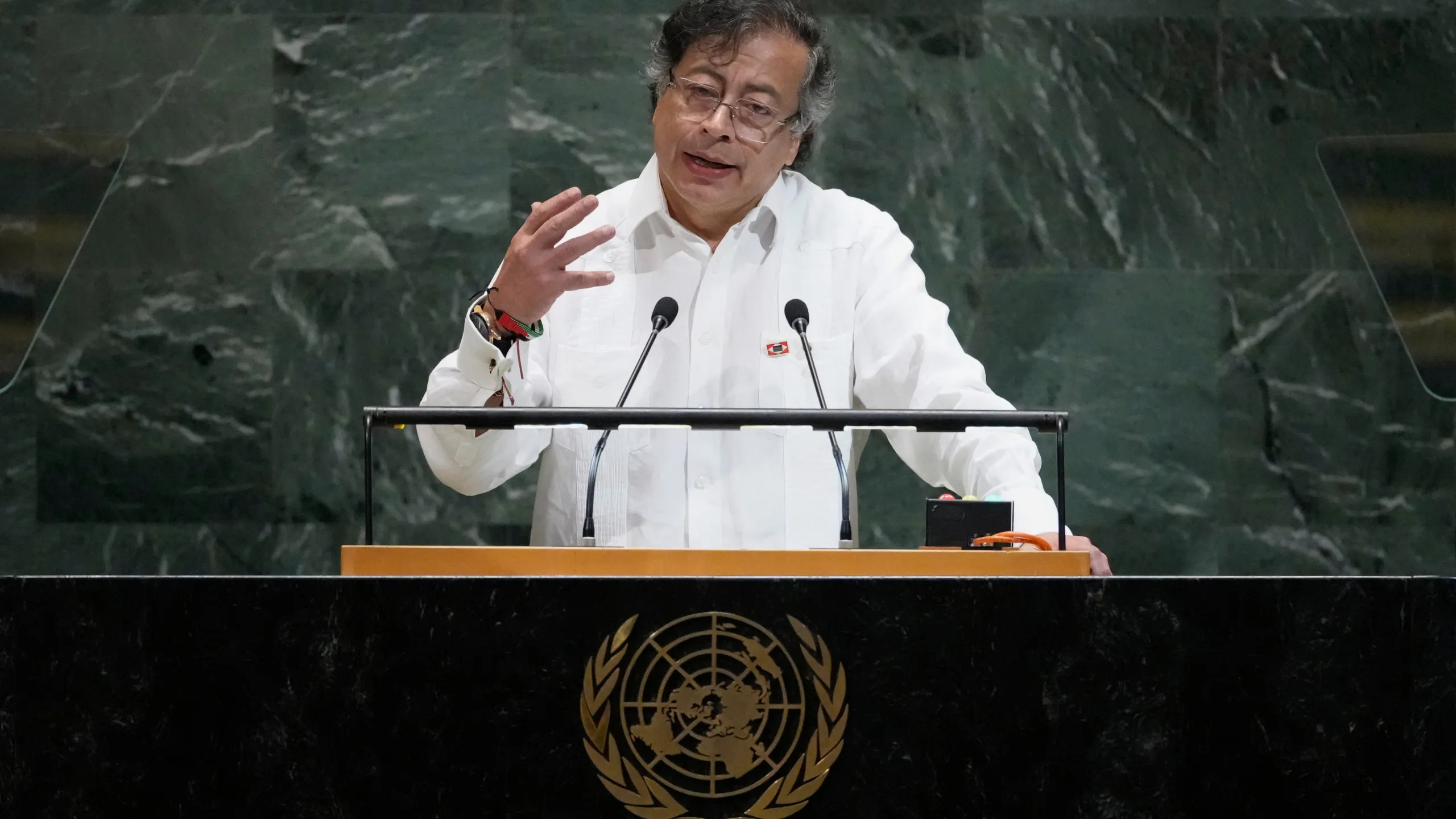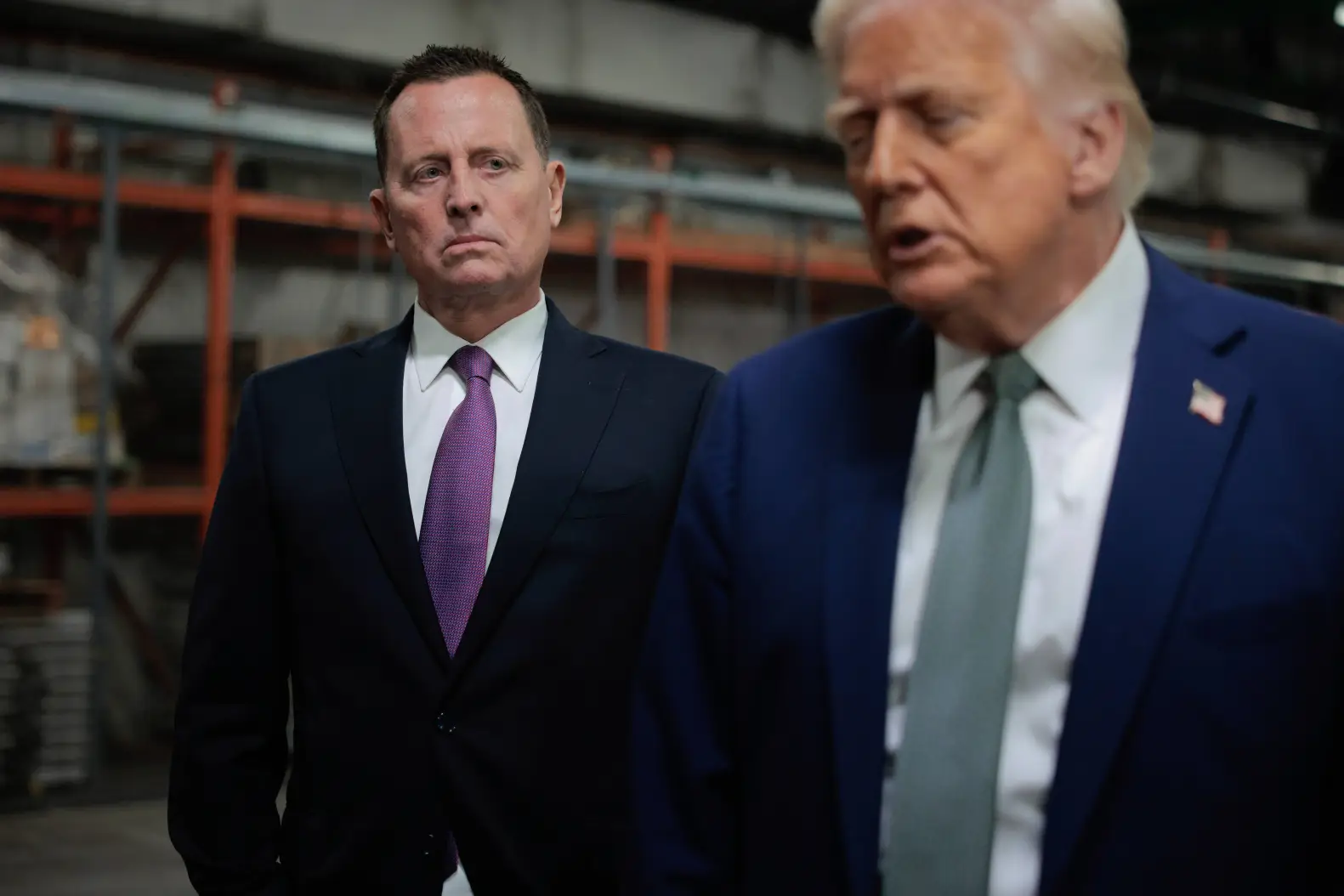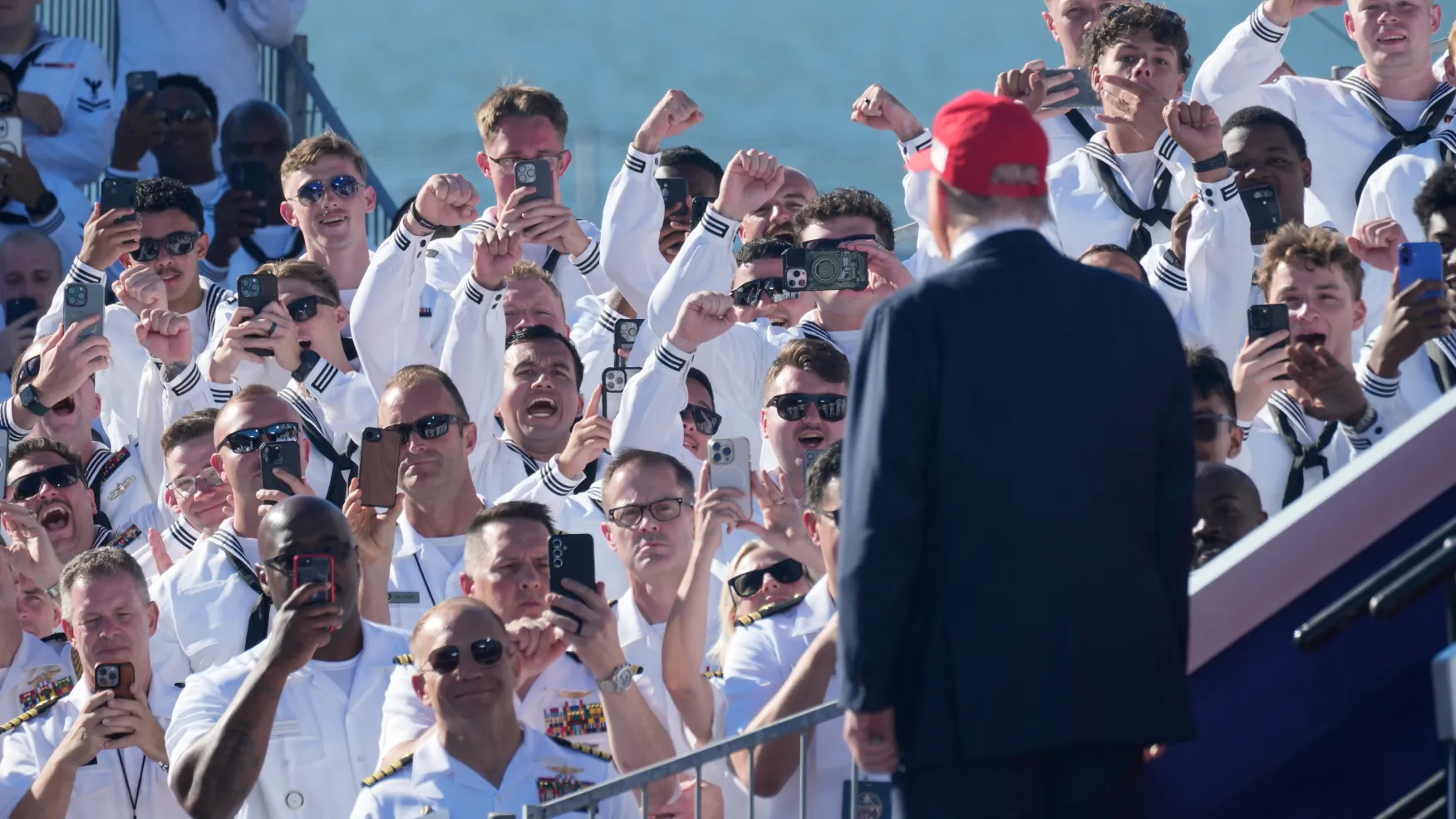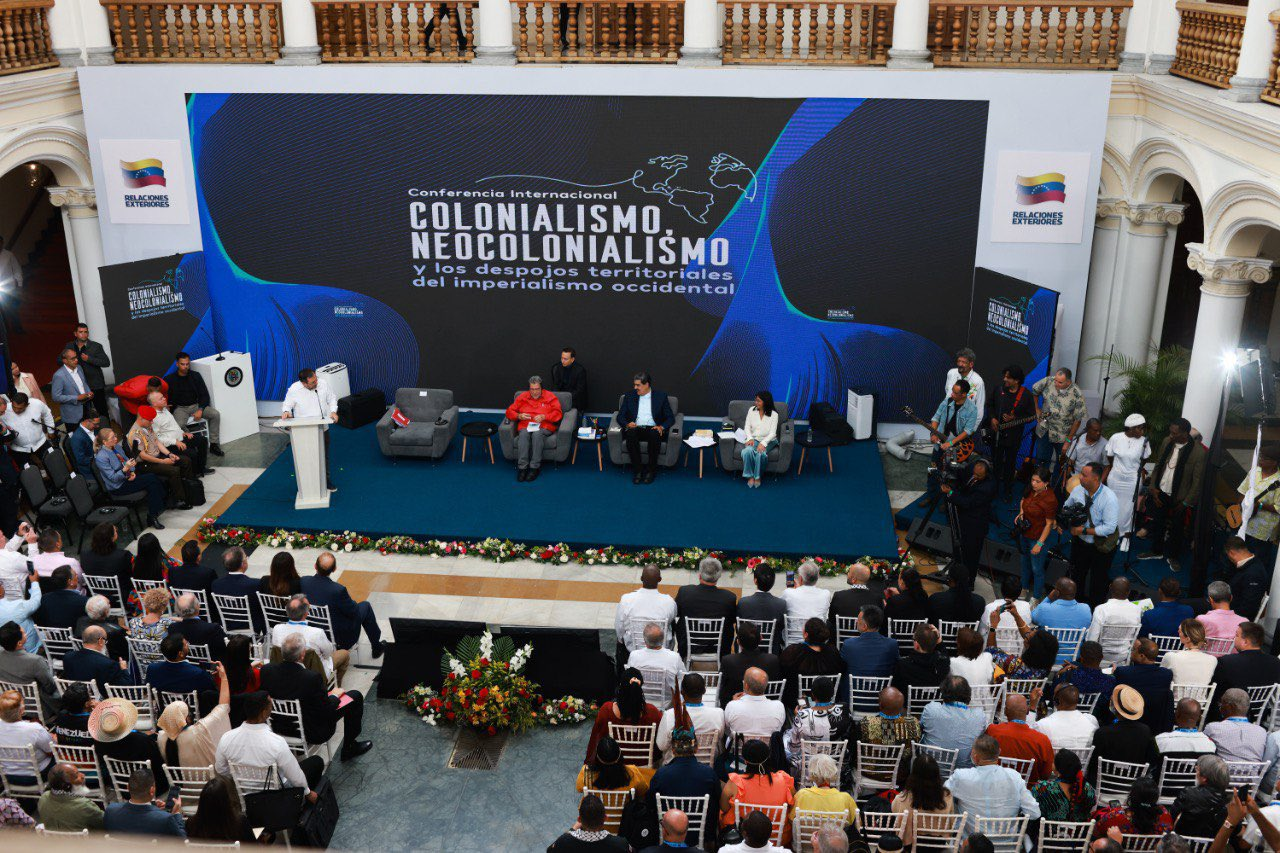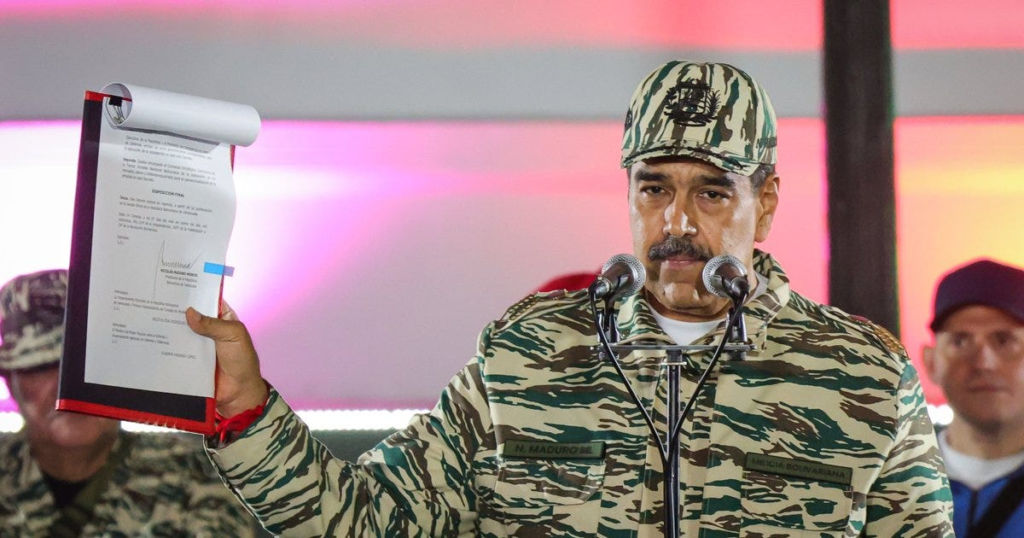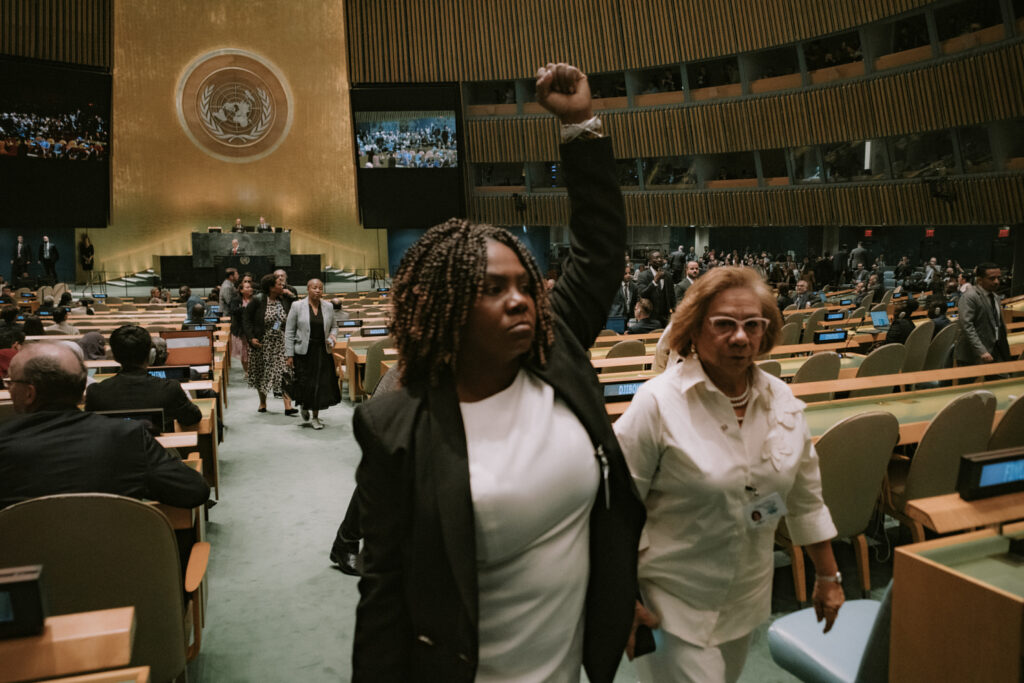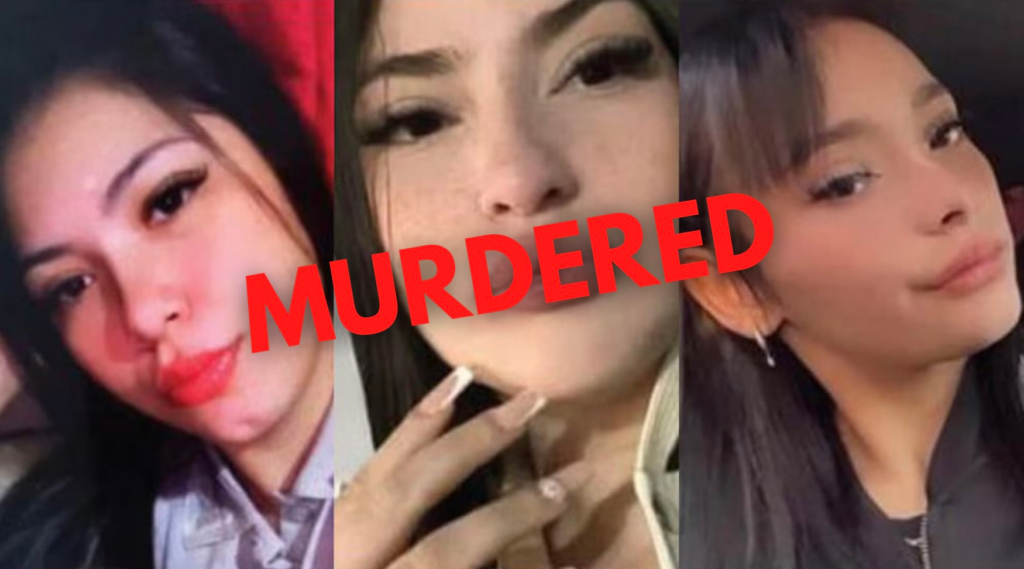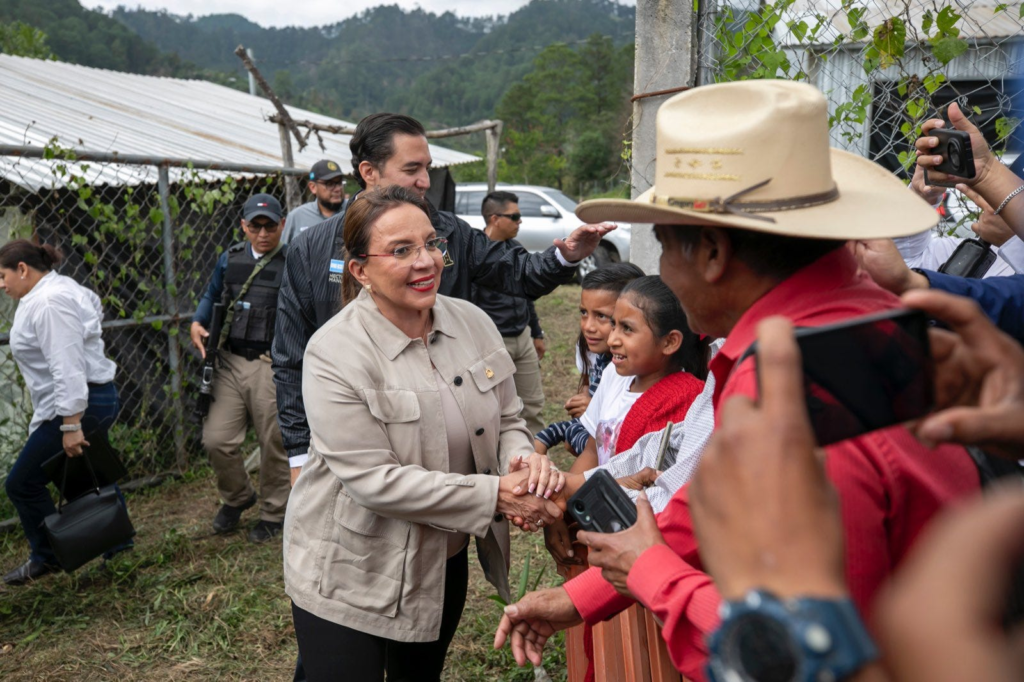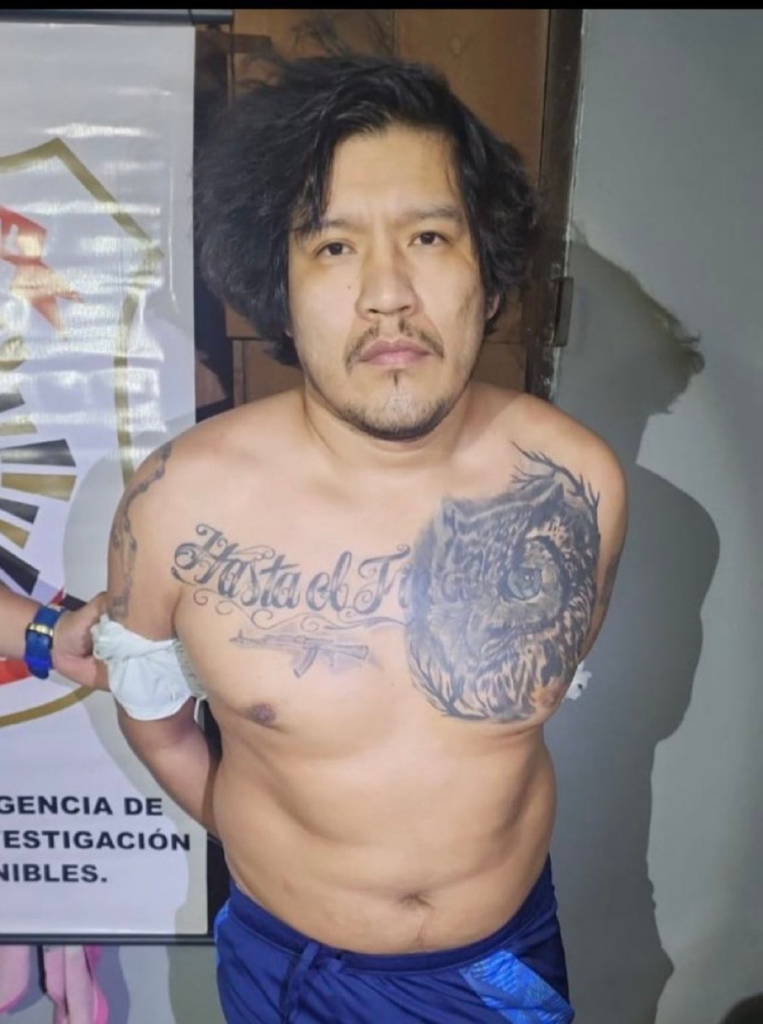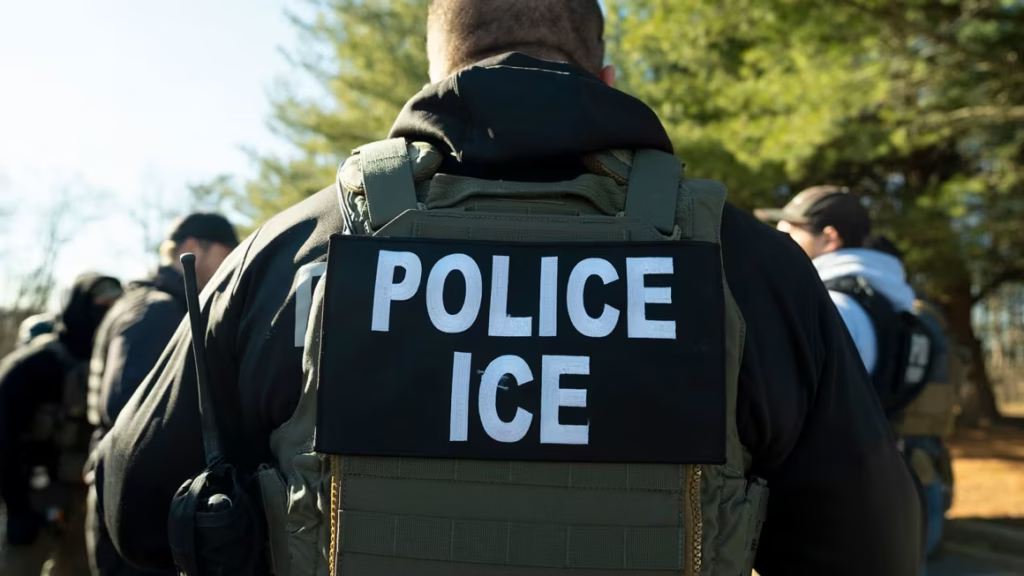Steadying himself to become an influential player in Dominican politics, Milton Teófilo Morrison, 49, who has styled himself as the ‘Barack Obama’ of the Dominican Republic, promising constituents a new era of “hope of change”, now faces growing charges of public corruption after the purchase of an expensive home in sunny South Florida without having declared the real estate asset to Dominican authorities.
Morrison’s dubious business practices and their close association with Dominican politics have been questioned for years, but in 2017, Morrison formed a political party, País Posible, and was able to establish a platform with a substantial following of 130,000 supporters, not an insignificant number for a population of over 10 million.
Dominican politics is not as structured as it is in countries like the United States, where there is a long and storied tradition of a two-party system with national platforms that are based on the fundamental ideals of liberalism vs. conservatism. Dominican politics, on the other hand, are much closer to home, or much more familial, asking, “What can I do to better the lives of the neighbors in my local community, rather than other communities?”
Morrison has been able to exploit this approach of the personal, hyper-local tact in politics, framing his organization in a way that sells to an audience a vision of hope and change, a vision for a better and more prosperous future for all Dominicans, and a Republic that is open to all Dominicans.
Morrison’s backyard is by no means unimpressive, a Bachelor of Science degree in electrical engineering at 19, where he graduated with cum laude honors. In 1999, he migrated to England to pursue his Master of Science degree in Development and Project Planning at the University of Bradford. In 2002, he obtained a postbaccalaureate degree in International Business from the University of Florida in Gainesville.
In 1999, Morrison, in partnership with his brother, Nelson, founded an engineering company in the Dominican Republic called Morrison Ingenieros, and eventually became involved in politics by serving as a delegate to the United Nations representing the Dominican government in a developmental program, until in 2006, he was named Executive Vice President at the Asociación Dominicana de la Industria Eléctrica (ADIE).
After founding País Posible in 2017, Morrison adroitly maneuvered himself to become an influential player in Dominican politics. Although not powerful enough to carry presidential elections, País Posible had been able to gain a large enough following to influence the tentative balance of power between the more prominent national parties.
In this fashion, Morrison was able to broker himself as head of several crucial government agencies, including the Instituto Nacional de Tránsito y Transporte Terrestre (INTRANT), a national entity that is charged with overseeing the maintenance of transit, roads, and infrastructure in the Dominican Republic. According to VOZ, Morrison has used INTRANT as a platform to promote his vision of social change, positioning himself as a reformer who seeks to improve social services to combat inequality.
However, when Morrison was serving as General Administrator of Edesur Dominicana S.A. (EDESUR), a major electricity provider in the Dominican Republic, in 2021, Morrison reportedly purchased a pricey home in well-to-do Weston, Florida, a city west of Fort Lauderdale and the I-95 corridor. Morrison and his wife, Davidia Del Carmen Jiménez, acquired the property in August of that year for a total of $837,500, according to VOZ Media. After inflation and subsequent market appreciation, the property is reportedly worth more than $1 million.
However, Morrison is facing mounting accusations of corruption due to the fact that the real estate was purchased while he was acting as head of a government agency, requiring any purchases to be reported to Dominican authorities, thus violating Article 14 of Law 311-14, which states that public officials (of the Dominican Republic) must submit a complete record of their sworn declaration of assets, without exception.
Morrison is also under fire for unfair contracting processes, whereby, as head of EDESUR, Morrison signed a contract with a Dominican company called Midas Dominicana, that consisted of the comprehensive takeover of prepaid and postpaid electricity services, allegedly “circumventing the mandatory bidding process.” It was later revealed that Midas had close connections with Jhonattan Chevalier, who worked at EDESUR and was also an influential member of País Posible, the same grassroots political organization that Morrison had founded in 2017.
Morrison later became an ardent supporter of the current President, Luis Abinader, who was elected in 2024. Abinader is in the midst of his own troubles as growing pressure mounts from the international community and human rights organizations that have condemned the Abinader government for its widespread deportation program of undocumented Haitian migrants. Since his election in October of last year, the Dominican government has stated that over 150,000 Haitian migrants have been removed from Dominican territory.
The dubious practices of prominent political figures like Milton Morrison have raised questions as to how an individual who serves as a representative of the Dominican government, for the benefit of the people of the Republic, in a country that is considered third-world and underdeveloped, and on such a modest salary, can possibly afford a property in an affluent area of South Florida, with an estimated value of more than one million dollars? The paradox only reconfirms the disturbing pattern whereby leaders in governments in these countries in the Latin American Caribbean come to occupy influential positions of power by the faithful approbation and consent of the people these leaders have been privileged to govern, only to then betray these same constituents by exploiting the local resources to fill their own pockets.
In 2022, Morrison became President of the Possible Country Party (PPP) in the Dominican Republic, and was elected Vice President of the Permanent Conference of Political Parties of Latin America and the Caribbean (COPPPAL). COPPPAL is the most prominent forum for political parties in Latin America and the Caribbean, currently bringing together 72 progressive parties from 30 countries across the continent.

